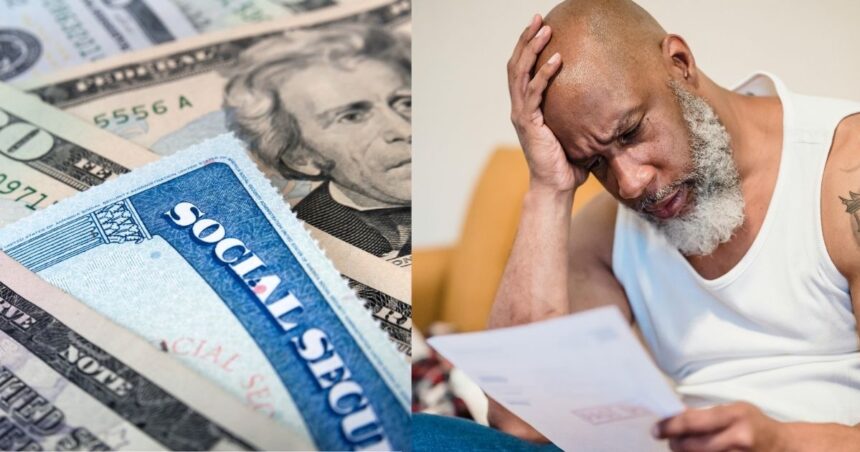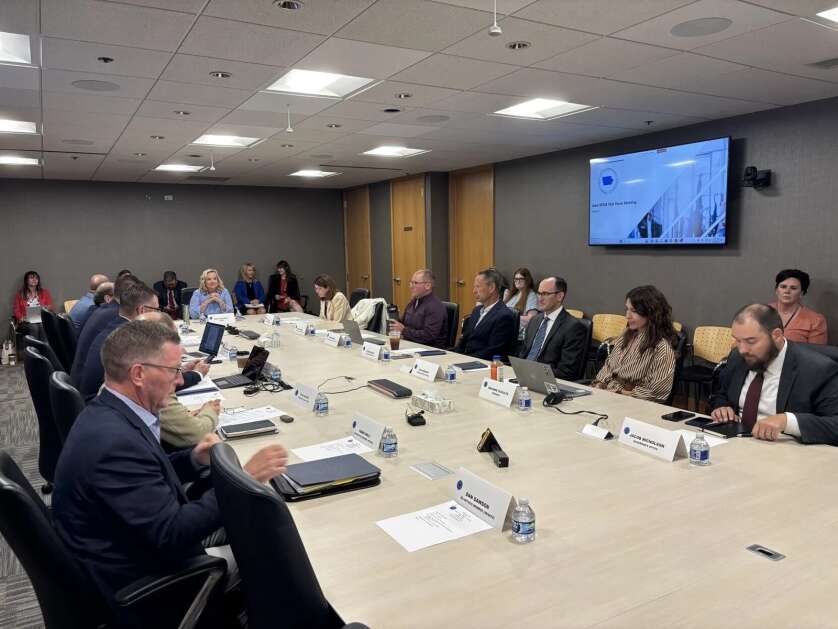The Trump administration is ready to implement its policy for recovering overpaid
social security
. Millions of beneficiaries will see their payments slashed by up to 50% starting July 23, 2025. It is the long-standing policy of the
Social Security Administration
(SSA) to recoup old overpayments.
The significant reductions will be valid for those recipients who had failed to respond to notices. Social security beneficiaries who were overpaid were informed about the revoking the policy of garnishing their
social security benefits
. Recipients had 90 days to either appeal or request against these recoveries. Those who had failed to do so will see a reduction of 50% of their benefit payments.
Between 2015 and 2022, it was reported that SSA distributed $72 billion in improper payments. There have been recovery plans in action, and almost $49 Billions were recovered. However, there are $23 billion that remain uncollected as of September 2023.
After internal review it was decided that higher rates withholding rates would be applied. Initially a 100% withholding of benefits was suggested which met with huge backlash from the representatives and the public alike. Later the highest withholding rate was capped at 50%.
Sue from Seattle depends on her Social Security payment, it’s 100% of her income to pay her bills and cover her expenses. We need to strengthen and protect the Social Security we’ve earned. Take action and add your voice here:
https://t.co/pqeDij9JPJ
#WeEarnedIt
pic.twitter.com/XZ4a6CAo0K
— AARP Washington St. (@AARPWA)
July 16, 2025
In March, the SSA announced that beneficiaries with outstanding overpayments would be notified. It was also announced that they will have 90 days to appeal, request a lower withholding rate, seek a waiver, or request reconsideration.
Those who do not act within the timeframe will face an automatic 50% deduction from their monthly Title II benefits.
However, even after reducing the withholding rates to 50%, people have questioned the fairness of such reductions. There are several vulnerable seniors and individuals who rely completely or heavily on the fixed income of social security. They need social security benefits for housing, food, medications and other essentials.
If payments are cut in half, even temporary could cause financial hardship, homelessness, missed medication and even malnutrition.
Even after the outcry, SSA claimed that it is its obligation to collect the mis-distributed funds. They also cited legal guidelines that state that SSA simply can not dismiss overpayments without pursuing the recovery.
- Recipients facing a 50% deduction have the following recourse:
- They can appeal the overpayment notice within 90 days.
- They can request a lower reimbursement rate (as little as 10%) using Form SSA-634.
- They can apply for a waiver if repayment causes “financial hardship” and the overpayment wasn’t their fault.
- They can request for reconsideration if they believe the overpayment decision was incorrect.
Lawyers recommend that anyone who has received an overpayment notice should promptly act on it. A quick action is necessary to avoid automatic and severe withholding.
The garnishing of benefits will start around July 24. There are hundreds of thousands of beneficiaries who will see the withholding in effect by July 23.
Half your Social Security check—gone.
Trump’s policy kicks in July 24.
1M+ Americans hit with 50% clawbacks for “overpayments”—many not their fault.
There are ways to fight it.
But time is running out.
#SocialSecurity
#RetirementCrisis
#TrumpNews
#Overpayments
#SeniorRights
pic.twitter.com/F0qmY9e74E
— Tim Theisen (@TTheisenBkyAtty)
July 16, 2025
Over 2 million Americans are expected to be impacted by this. More people will be notified gradually as previous miscalculations are uncovered.
For those receiving Supplemental Security Income (SSI), the rate of recovery remains unchanged at 10%. It is because SSI rules differ from Title II benefit recovery policies. People can check if they have recovery payments pending by following the given simple steps.
- Log in to your SSA account and review payment history.
- Watch for official notices—if you haven’t received one, you’re likely not affected.
- Respond quickly—missing the 90-day appeal window means automatic 50% withholding.
- Seek help: Contact SSA field offices, legal aid, or your congressional representative’s office for assistance navigating appeals and waivers.






